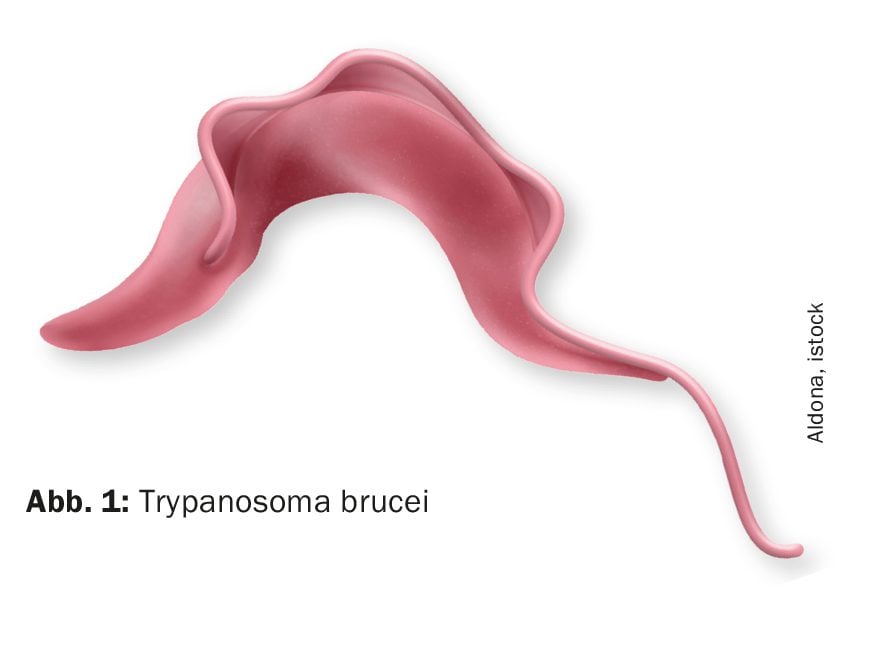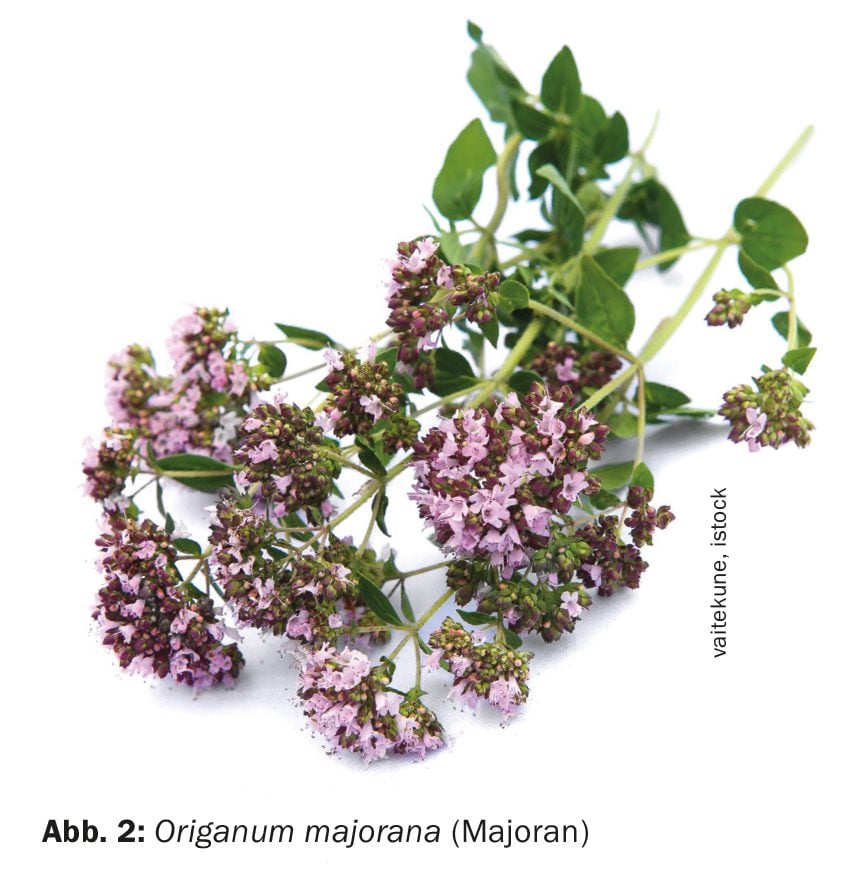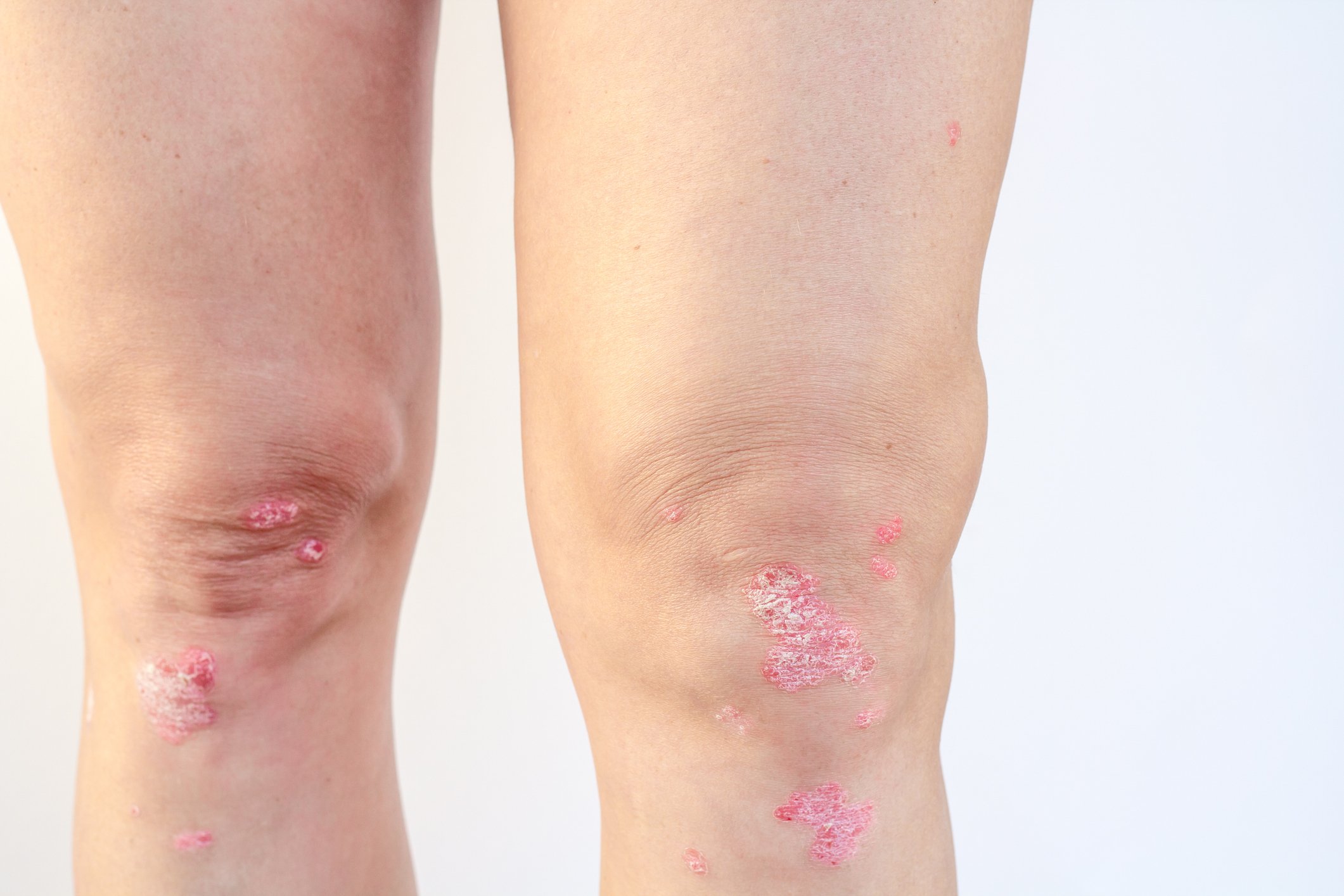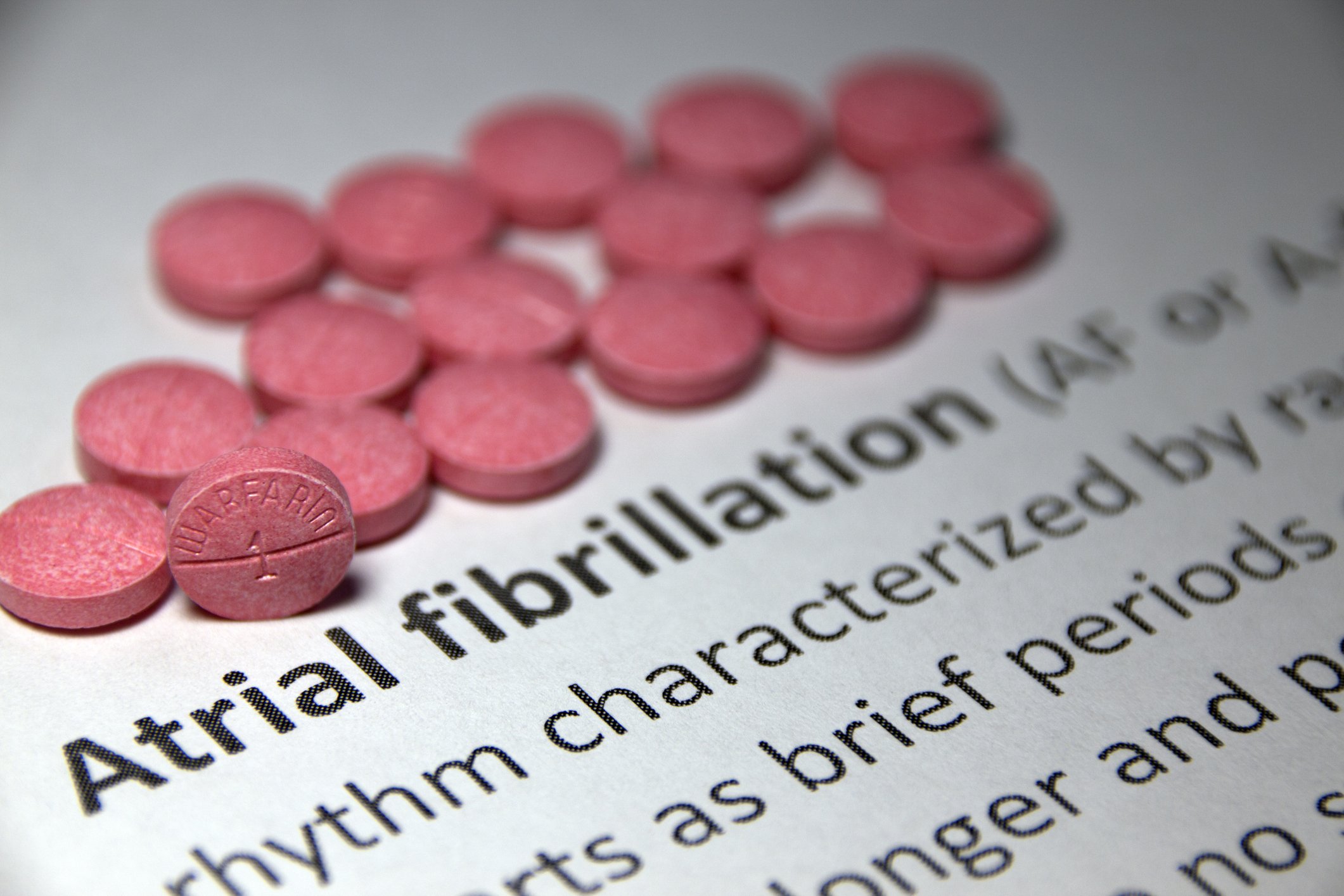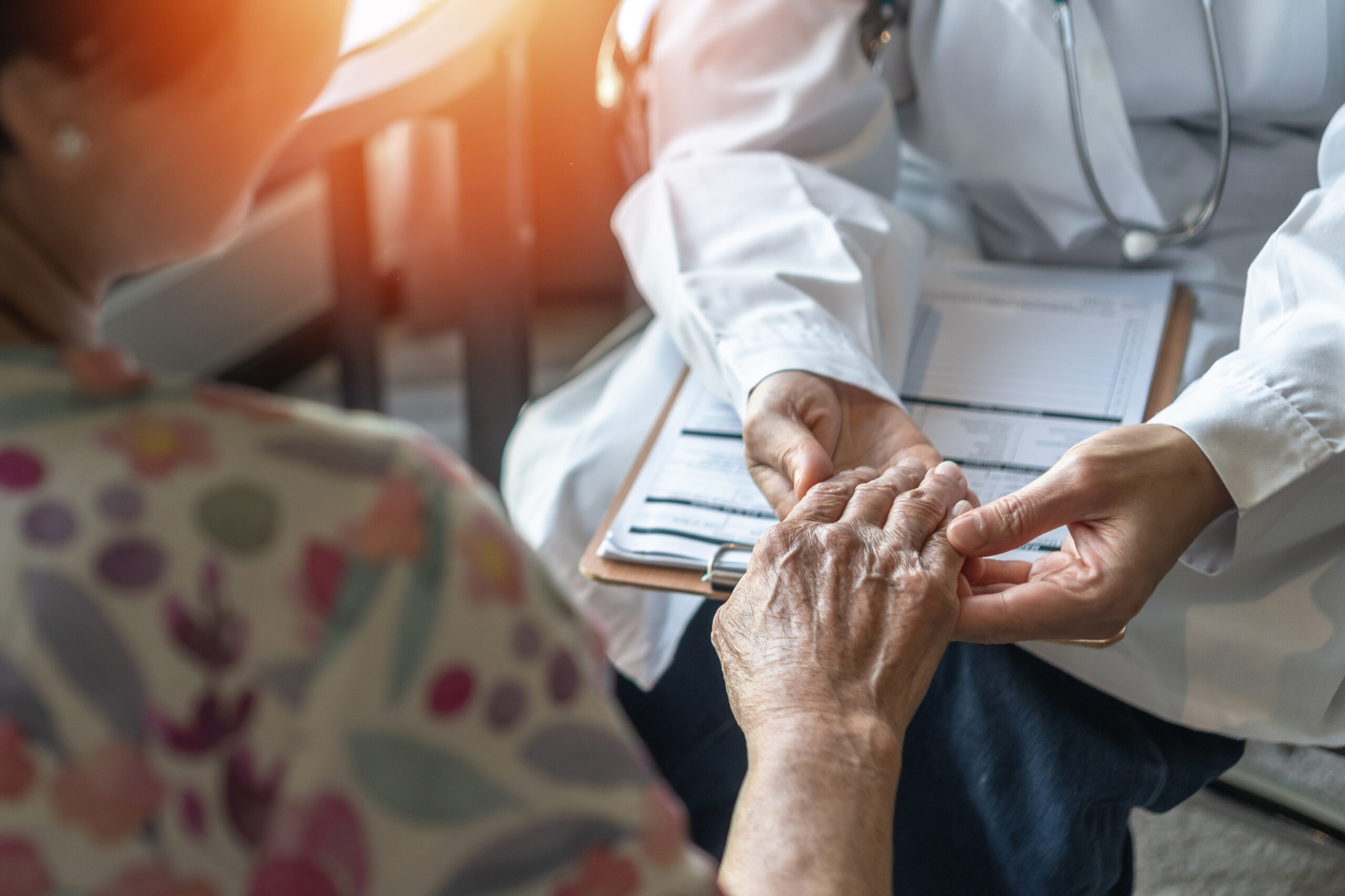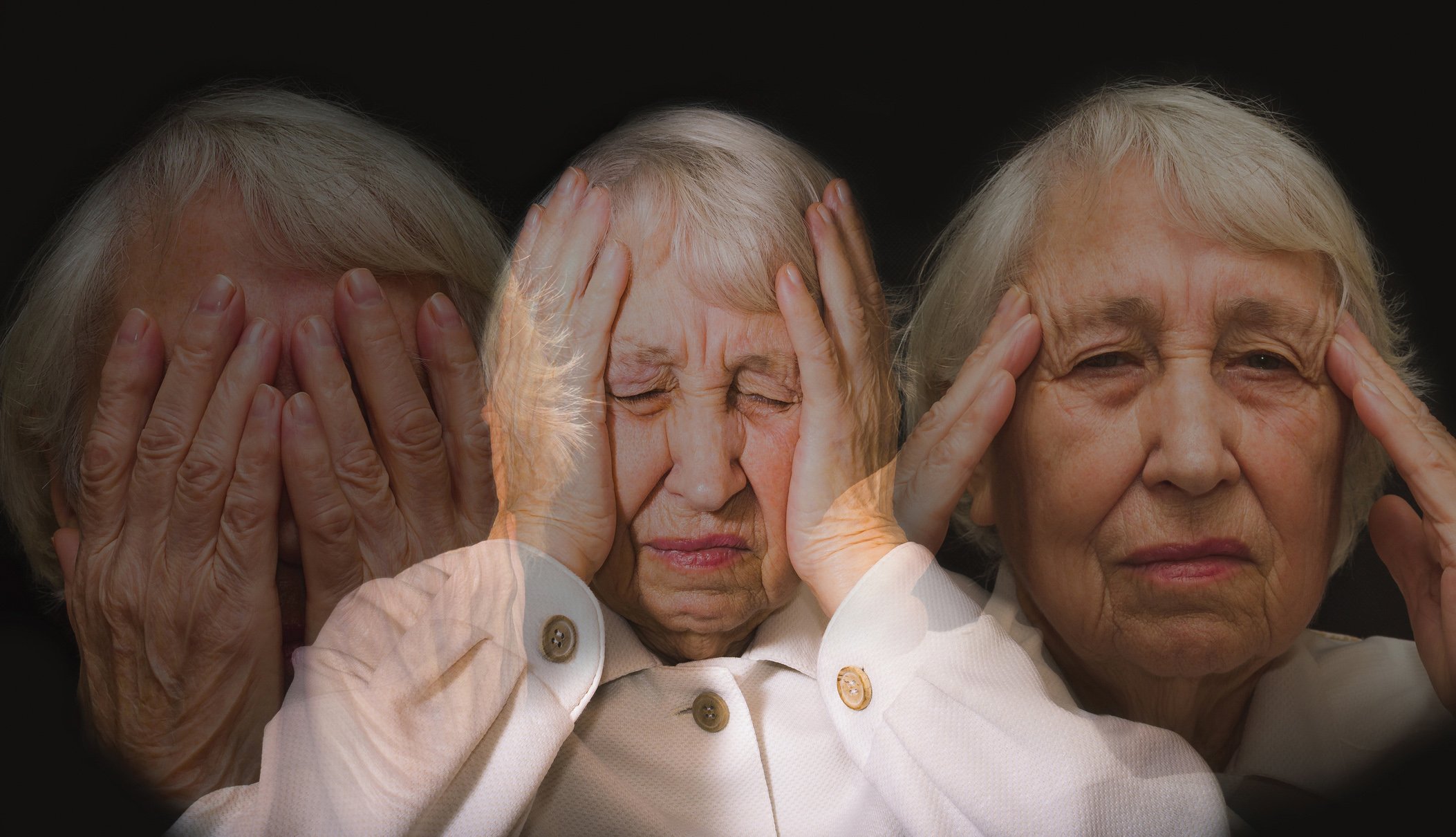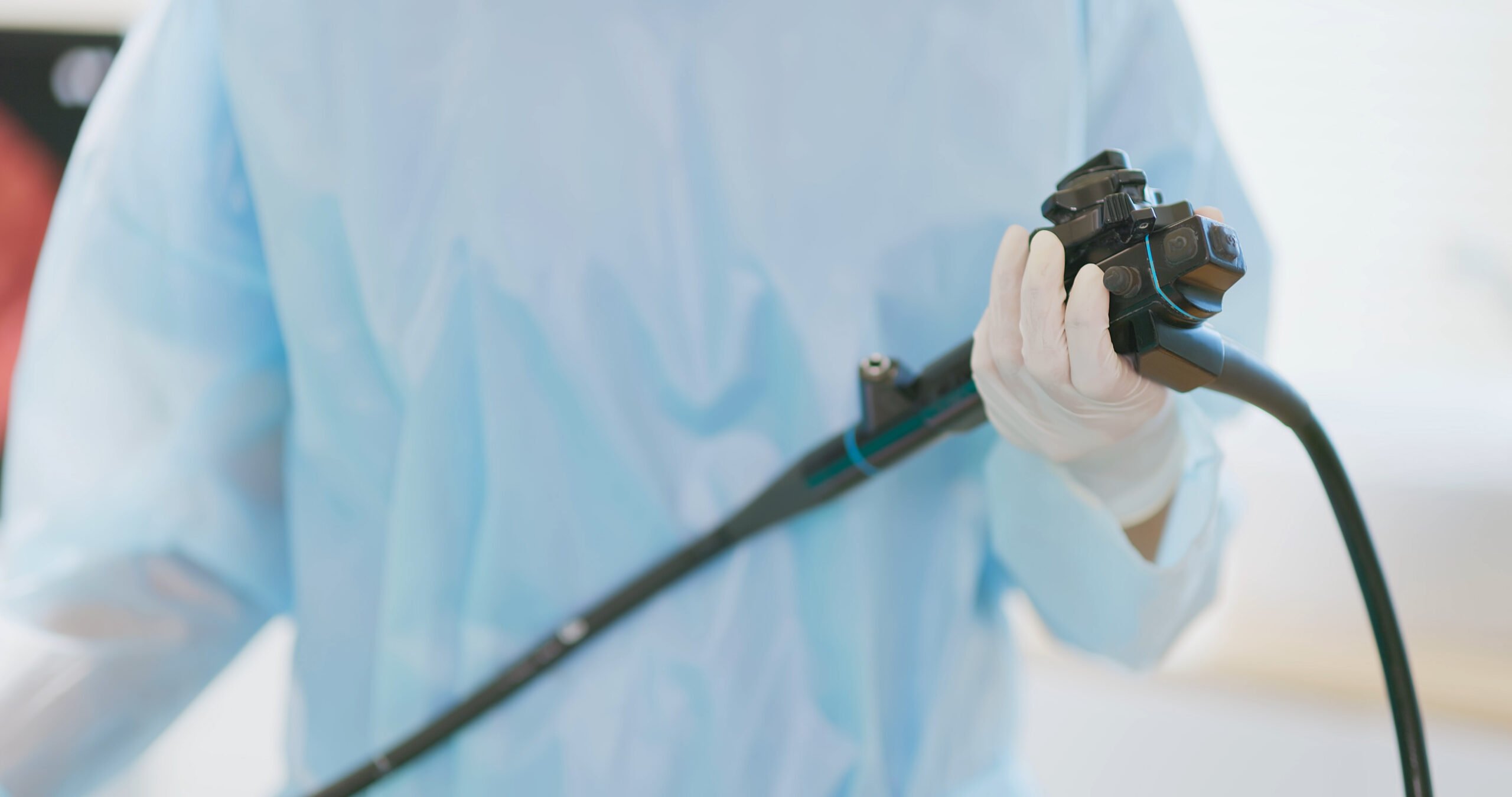Modern medicine faces numerous challenges in the 21st century. One of the biggest is the increasing resistance of pathogens to conventional medicines, especially antibiotics and antiparasitics. Against this backdrop, herbal medicines, which have been used in traditional medicine for thousands of years, are becoming increasingly important.
(red) It is estimated that there are over 500,000 plant species worldwide, but less than one per thousand of these have been scientifically studied for their pharmacological properties. This points to the enormous potential that the plant world could still hold for the treatment of diseases – especially for combating parasitic diseases, which continue to pose a significant health threat worldwide.
The growing threat of parasitic diseases
Parasitic diseases are widespread worldwide and affect millions of people, especially in developing countries. Although living conditions are constantly improving in many regions of the world, parasitic infections remain a serious problem, which is exacerbated by the increasing resistance of pathogens to conventional drugs. This resistance means that many established therapies are losing their effectiveness and new treatment approaches are required. Phytotherapy, i.e. the use of medicinal plants and their extracts to treat diseases, offers a promising alternative here.
The therapeutic advantages of herbal active ingredients lie not only in their effectiveness, but also in their availability and cost-effectiveness. In contrast to synthetically produced medicines, which are often expensive to produce, herbal medicines can often be obtained locally and produced at a lower cost. In many regions of the world where access to modern medicine is limited, medicinal plants can therefore play an important role in healthcare.
Protozoan infections: Challenges and plant-based solutions
Protozoa are among the most widespread parasites and are responsible for a large number of serious diseases. Malaria, leishmaniasis and African sleeping sickness are among the best-known diseases caused by protozoa and continue to be serious health problems. The increasing resistance of protozoa to conventional drugs poses immense challenges for medicine. Phytotherapy offers promising approaches to develop new treatment options.
Malaria and artemisinin: a success of phytotherapy
One of the best known and most successful applications of phytotherapy is the treatment of malaria with artemisinin, an active ingredient extracted from the plant Artemisia annua, the annual mugwort. Malaria, caused by five different Plasmodium species, including Plasmodium falciparum and Plasmodium vivax, is still one of the deadliest parasitic diseases worldwide. Between 300 and 500 million people are infected with malaria every year, and despite medical progress, 1.5 to 2.7 million people die each year, mainly in sub-Saharan Africa.
Artemisinin, which is isolated from the plant Artemisia annua, has proven to be highly effective against malaria in clinical studies. Especially against Plasmodium falciparum, the most dangerous malaria pathogen, artemisinin showed a faster and more effective effect than previous drugs such as chloroquine. Artemisinin-based combination therapies (ACT) are now the recommended standard therapy against Plasmodium falciparum malaria. Compared to chloroquine, artemisinin eliminates the parasites faster, reduces the duration of the disease and the risk of relapse. This has made artemisinin a cornerstone in the treatment of malaria, especially in areas with high resistance to conventional drugs.
Despite these successes, the challenge remains that Plasmodium species can develop resistance, as has already been the case with other malaria drugs. Research is therefore being carried out worldwide into further plant-based alternatives. A number of plants that are traditionally used against malaria in countries such as Ethiopia or Vietnam are currently being intensively investigated in order to identify new antimalarial agents. For example, Rhaphidophora decursiva , a creeping shrub native to Vietnam, shows promising antimalarial properties, although the side effects, such as the observed cytotoxicity, still need to be researched further.
African sleeping sickness and herbal treatment options
African sleeping sickness, also known as African trypanosomiasis, is another protozoan infection caused by the parasite Trypanosoma brucei (Fig. 1). Transmitted by the bite of the tsetse fly, the disease affects thousands of people every year, especially in rural areas of Africa. If left untreated, African sleeping sickness almost always leads to death. The disease progresses in two stages: in the early stage, fever, headaches and joint pain occur, while in the late stage the parasites attack the central nervous system and lead to neurological symptoms and even coma.
The treatment of African sleeping sickness is complicated, as the available drugs are toxic and have severe side effects. In addition, many parasite strains are resistant to common drugs. Phytotherapy could play an important role here. Studies on mice have shown that an extract of the plant Artemisia abyssinica, which is native to Ethiopia, has a promising effect against Trypanosoma brucei. The extract not only reduced the parasite load in the body, but also improved the general condition of the infected animals by alleviating anemia and strengthening the immune response.
Another example of herbal treatments is the Ocimum gratissimum plant, whose extracts also showed a significant reduction in the parasite load in trypanosomiasis. This plant, which is native to Africa and Asia, has strong trypanicidal properties and could play an important role in the treatment of sleeping sickness in the future.
Leishmaniasis: a neglected but deadly disease
Leishmaniasis is a tropical parasitic disease caused by protozoa of the genus Leishmania. Although it is the second deadliest parasitic infection after malaria, it is often neglected because it occurs mainly in the poorest regions of the world. About 2 million new cases of leishmaniasis are reported each year and about 12 million people suffer from the disease. Leishmaniasis occurs in three main forms: cutaneous (skin), mucocutaneous (mucous membranes) and visceral (internal organs).
The treatment of leishmaniasis is difficult as many of the drugs used are toxic and expensive. In addition, increasingly resistant parasite strains have developed in recent years. However, phytotherapy offers promising alternatives. Numerous plant extracts, including those from Yucca filamentosa and Picrorhiza kurroa, have shown strong antileishmanial properties in studies. These plants could serve as the basis for new, less toxic treatments in the future.
Particularly promising are extracts from the plant Annona haematantha, whose main ingredient, the lactone argentilactone, has been shown in clinical studies to reduce parasite loads by up to 96%. However, further research is needed to confirm the efficacy and safety of these herbal treatments.
Worm diseases: Herbal approaches to combating helminthoses
In addition to protozoa, worm diseases, so-called helminthoses, also pose a considerable threat to health. Diseases caused by roundworms, tapeworms and liver flukes are particularly widespread. These parasites affect not only humans but also animals and cause high health costs worldwide.
Fasciolosis and schistosomiasis: plant extracts as an alternative
Fasciolosis, a disease caused by liver flukes of the genus Fasciola, affects millions of people and animals worldwide. Infection usually occurs through the consumption of contaminated plants or water. In phytotherapy, myrrh (Commiphora myrrha) has proven to be an effective remedy against these parasites. Myrrh damages the shell of the parasites, making it easier to kill them.
Another example is schistosomiasis, one of the most common parasitic infections worldwide, which is particularly prevalent in tropical areas of Africa and Asia. The disease caused by schistosomes affects millions of people every year. Here too, phytotherapy is showing promising results. Plants such as Origanum majorana (marjoram, Fig. 2), Ziziphus spina-christi (Christ’s thorn) and Salvia fructicosa (shrub sage) have shown antiparasitic effects in studies.
Conclusion
Phytotherapy is a promising alternative for the treatment of parasitic diseases, especially in times of increasing resistance to synthetic drugs. Plant extracts not only offer a more cost-effective production method, but have also been shown to be effective in numerous studies. Nevertheless, the challenge remains to further research their safety and efficacy and to develop standardized treatment protocols. Given the growing global health threat posed by parasites, the research and use of medicinal plants could play an increasingly important role in global healthcare in the future.
Source: Kluj A, Kosiada M, Mularczyk P, et al: The use of phytotherapy in the fight against parasitic diseases. Ann Parasitol. 2023; 69(3-4): 91-102. doi: 10.17420/ap6903/4.513. PMID: 38281734.
PHYTOTHERAPY PRACTICE 2024; 1(1): 9-10


